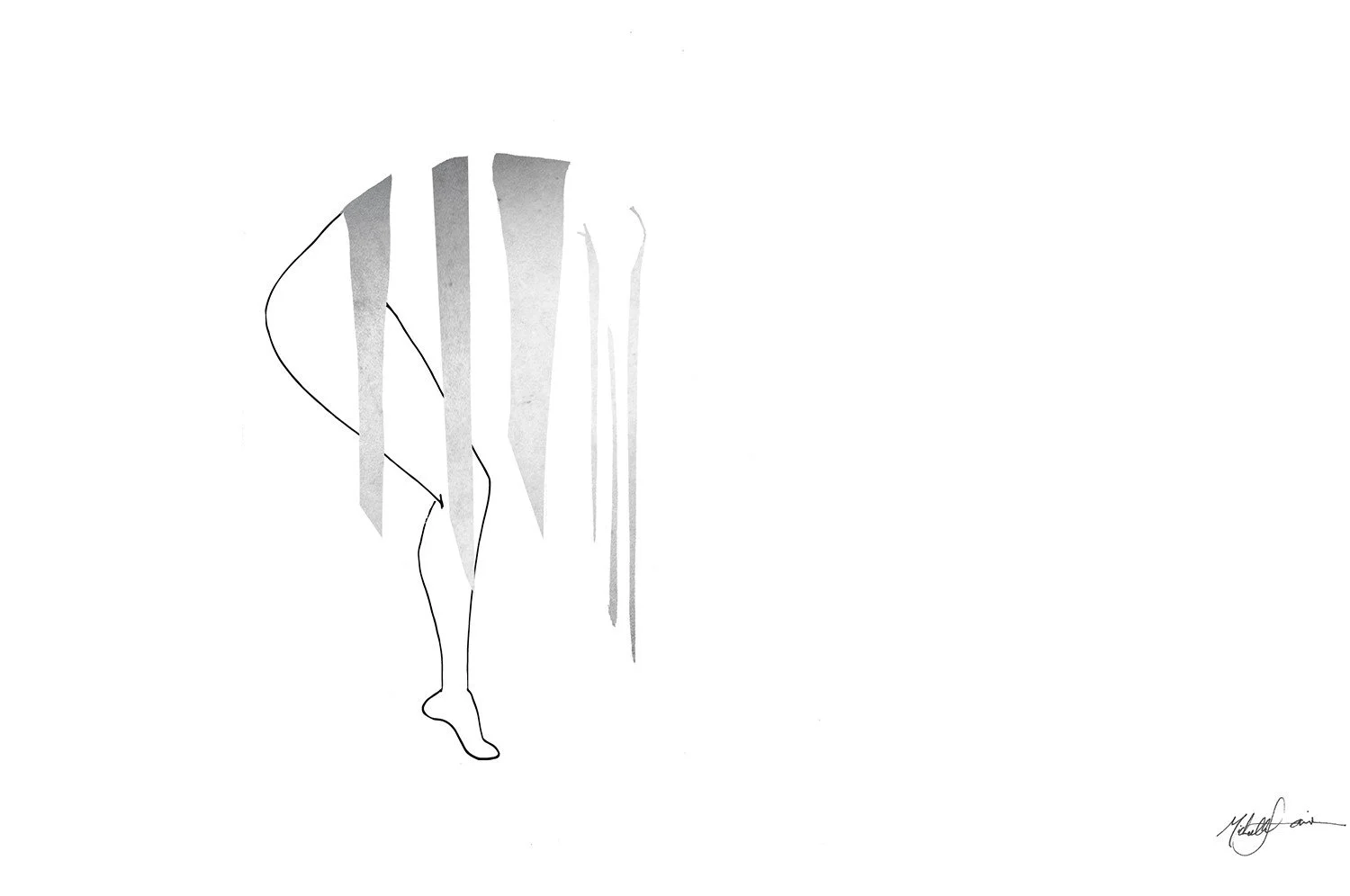“Fake it Till You Make It” Is A Trap
Fake it till you make it: The common catchphrase is used to inspire confidence in someone, to help them commit, to begin, to make mistakes, to try on something new, pretend, see before mastery.If “Fake it Till You Make It” was a national flag, I would have wrapped myself in it. Two months after moving to Los Angeles as a broke, 21 year-old college grad on a mission to make movies that change the world, I got high with a friend and invented a company name for myself. I had flimsy, coral business cards I ordered off Vistaprint.com for $4.99 that read “Bristol Baughan, ODE Entertainment, Production Company.” I was a production assistant, a production coordinator, an assistant to a director at Sony Pictures, and finally a film producer. Every step of the way someone would ask something I didn’t know and I either pretended to know or bought myself enough time to find an answer. I was hungry, fast, smart and fueled by a deep sense of purpose. It wasn’t all fake. But at some point, years later, I discovered that “making it” was like Oz, a magical land of illusion just beyond the rainbow and no amount of faking it was going to get me there.One afternoon after finishing an errand for the director at Sony Pictures, I was picking up take-out for dinner and my mother was trying to have a conversation with me on my 2004 Blackberry. She demanded my attention and told me she felt I was distant and cold, much like my highly successful new boss. She said, “Honey, I’m worried about your soul.”“Mom,” I groaned. “I’m trying to make it in the film business, no one has time for soul.”The price of faking it started out subtle enough. Wine intake was rising steadily and the level of disgust at other people's ineptitude was reaching righteous proportions. Nothing was ever good enough. The high of an Emmy win or an Oscar-nomination was cocaine-like in its spike and quick decline. The hangover of faking it was experienced as a growing, chronic loneliness. The closer I seemed to get to what others’ defined as “making it,” the more miserable I felt.I was terrified. Slowly all the parts of myself I had repressed or abandoned in order to “make it”—the parts that do not fake it—started to emerge. The feelings of fear, vulnerability, ineptitude, pain, heartbreak, anger, and upset coagulated into a thick depression that brought me to my knees. All the armor I had built against the world had become too heavy. Faking it was no longer an option.Healing was what I needed and what was happening to me whether I liked it or not. I tried to run and drink and watch television to avoid it and be numb, but soon it was clear that the underlying assumptions I held for what I was doing here on Earth were in need of revision. Finding a healing modality that worked for me was like dating. I judged everything and everyone at first, and slowly as the armor started to come undone, I learned that being totally authentic about what I was feeling--no matter how crazy or weird it was--was necessary to move forward. The only way out was through. I had to judge, recognize the fear underneath and the belief holding it in place, and find ways to heal old conditioned beliefs in order to open to a whole new way of being.The old indicators of success (external validation, power, money, beautiful lovers, measureable productivity, parental/divine/institutional favor) are up for review. My new definition of “making it” is being authentic and vulnerable doing something I love, where work feels like play. What about you? How will you know you have made it? What does “making it” look and feel like?Bristol Baughan is an Emmy-winning and Oscar-Nominated filmmaker, author, and private coach. She is a TED Fellow and Founder of Inner Astronauts, a custom experience and private coaching company supporting people in coming more fully alive in service to the world. Bristol holds a B.A. in International Studies from the American University School of International Service and an M.A. in Spiritual Psychology from the University of Santa Monica.
